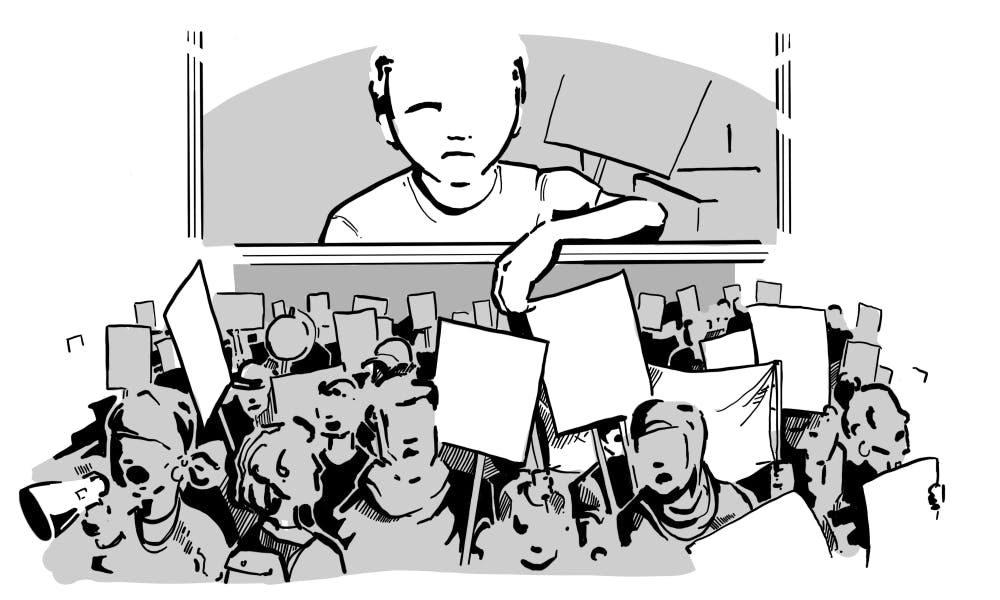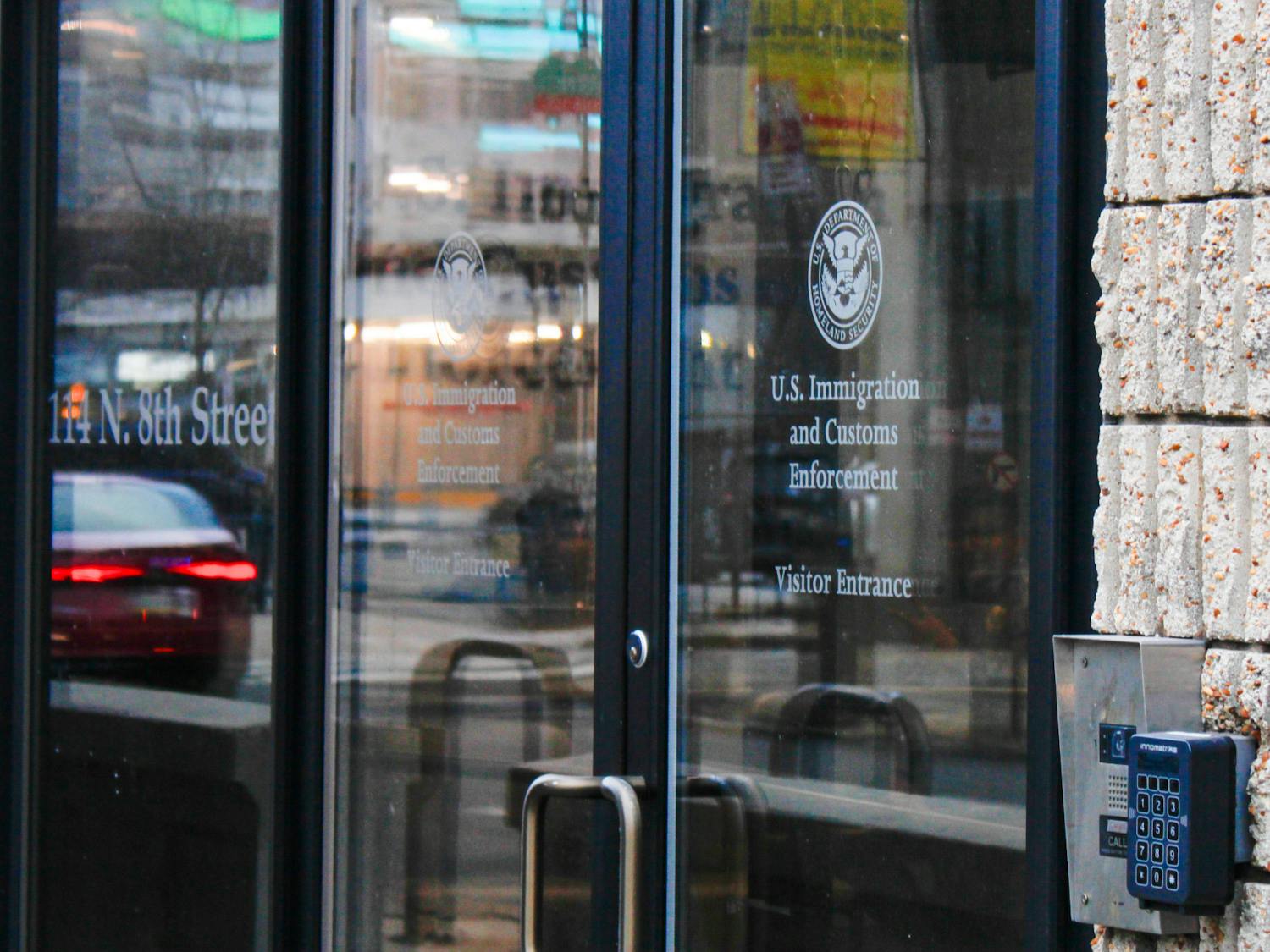Marches took place in 150 countries to demand immediate action regarding climate change this past Friday.
And despite criticism that young people would rather demand action on social media than get up and join a movement, the marches demonstrate that millions will take physical action to make their voices heard.
In New York City, more than one million public school students were granted permission to skip classes to attend Friday’s demonstration. The School District of Philadelphia, however, chose not to permit students to protest. Instead, administrators announced that students would be punished for engaging with the global community and proving that they were not, in fact, only apathetic activists. Philadelphia administrators should have encouraged students to participate in the climate strike to help educate them to be active members of their community.
Encouraging civil engagement by teachers and mentors should be part of every student’s learning experience, from elementary school to college. Although the notoriously under-attended Huntsman Hall sit-in last year brought increased attention to the University’s "slacktivism" problem, Penn actually has a history of passionate and effective student protests. A parallel situation took place in 1989, when a series of sit-ins kept Steinberg-Dietrich Hall open 24 hours a day, stymieing University administrators who wanted to close the building at midnight.
Student activism on college campuses is so common that it is its own cultural phenomenon. College students, however, have far more freedom to do what they wish with their time than their younger peers who have not yet graduated high school.
According to the Philadelphia School District’s website, students are considered “at risk academically” if they miss 18 or more days of the school year, regardless of whether the student was taking part in crucial civic engagement. If the purpose of education is not only to prepare students for the workforce but also to encourage students to be active citizens of the world, no Philadelphia student should have been penalized for attending the climate strikes.
Learning occurs both inside and outside of the classroom. A math lesson cannot teach a student how to be a good citizen, and protesting cannot make a student better at solving quadratic equations. If there is no balance, schools will have failed their students by teaching them that a narrow, individualistic perspective is what they ought to take with them into the world when they graduate.
Repression of student activism, like what took place in Philadelphia last week, leads to the apathy that is far too prevalent among those who will inherit a world with rising oceans and melting glaciers. Students should instead finish school with an understanding of community engagement, civic duty, and the knowledge that their voices can and must be heard.
SEE MORE FROM THE DAILY PENNSYLVANIAN EDITORIAL BOARD:
Editorials represent the majority view of members of The Daily Pennsylvanian, Inc. Editorial Board, which meets regularly to discuss issues relevant to Penn's campus. Participants in these meetings are not involved in the reporting of articles on related topics.
SEE MORE FROM THE DAILY PENNSYLVANIAN EDITORIAL BOARD:









